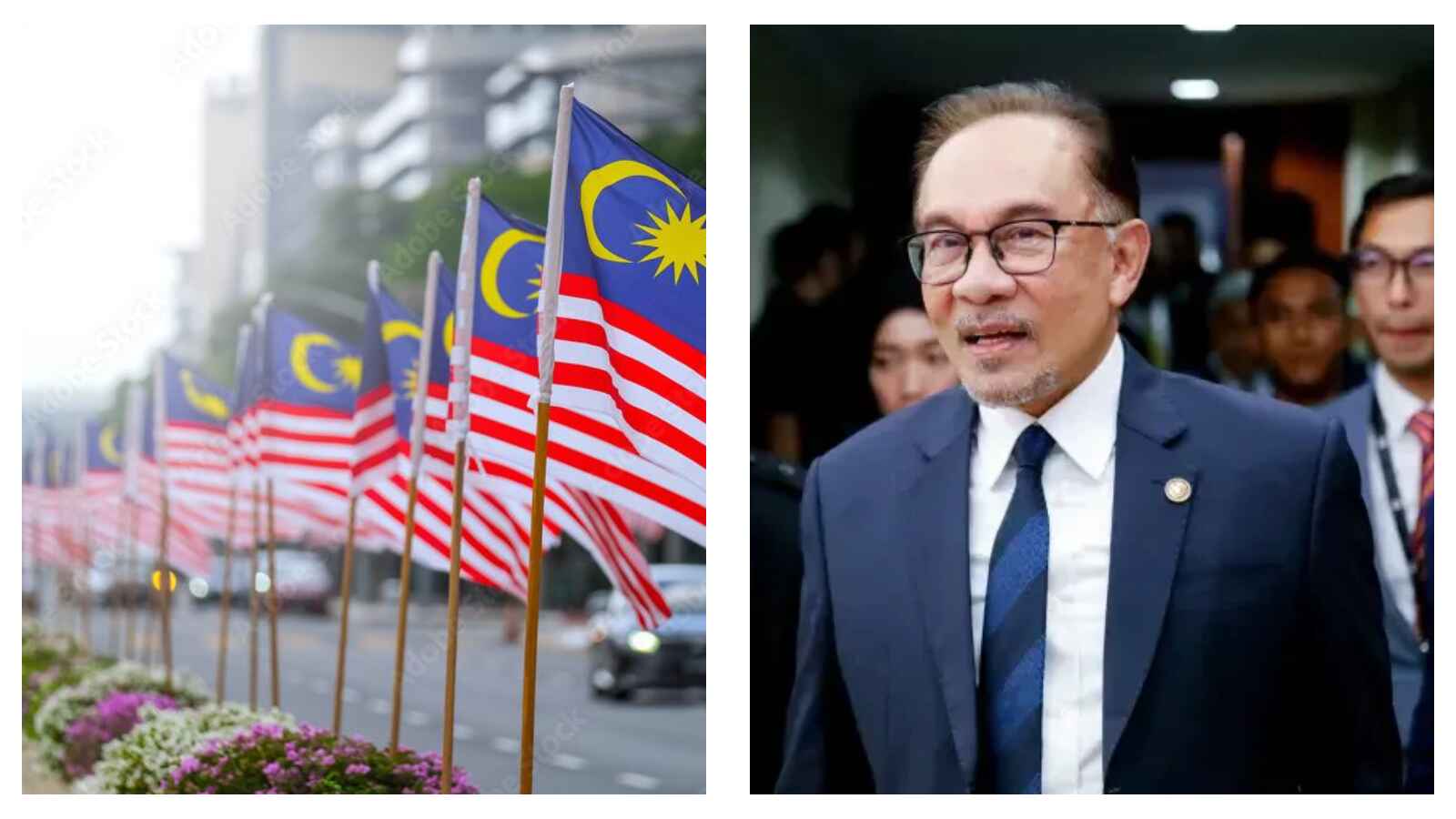By Maybelene Marcelino
A proposal to limit the tenure of the Malaysian prime minister to 10 years has been met with a spectrum of reactions from key political figures in the country.
The proposal, advocating for two consecutive five-year terms, has ignited complex and multifaceted discussions that go beyond the simple question of tenure.
Proponents’ rationale
Prime Minister Datuk Seri Anwar Ibrahim voiced strong support for the proposal, stating that it is a step to ensure the continuity of a clean administration and a more structured system and to prevent the centralization of power that could potentially lead to corruption.
“Limiting the prime minister’s tenure is not a new idea. In fact, some of our neighboring countries, such as Indonesia, have already implemented this approach,” Malay Mail quoted Anwar as saying.
Better governance and shield against power abuse
Parti Amanah Nasional deputy president Datuk Seri Dr Mujahid Yusof Rawa asserted that the 10-year limit is a crucial safeguard against abuse of power and system manipulation.
He also argued that a fixed term allows for long-term strategic planning and prevents short-sighted policies driven by the need for re-election.
“One term alone is not realistic. In the first term, new policies are introduced, and their effects can only be felt in the subsequent term,” he said, as quoted by the New Straits Times.
Mujahid’s perspective was echoed by Subang lawmaker Wong Cheng, who sees the limit as a bulwark against authoritarian tendencies.
The official said he prefers a 10-year limit as opposed to a two-term limit, as it provides greater certainty about the timing. He added that it would avoid the ambiguity that comes with a two-term limit, particularly regarding consecutive terms.
Separately, United Malays National Organization Supreme Council member Datuk Seri Jalaluddin Alias called for immediate implementation of the term limits, suggesting that it should be extended to the state level for a broader scope of the reform.
Opponents’ counterargument
While the proposal is seen by many as a powerful reform to strengthen the country’s administrative integrity and ensure that leadership remains dynamic, critics questioned the fundamental compatibility of such a limit with Malaysia’s Westminster-style parliamentary system.
YOU MAY ALSO LIKE: Indonesia’s new law to see expansion of military in government roles

Constitutional implications
Government backbencher Hassan Karim highlighted that such a radical shift could cause disruptions to the established norms and practices in the country, affecting national stability.
“The position is prime minister, not president,” he said, pointing out that a president is directly elected by the people, whereas a prime minister is a member of Parliament chosen through a different mechanism.
Hassan cautioned that damage can still occur even with a 10-year limit, referencing past leaders such as Datuk Seri Najib Razak and Tun Dr Mahathir Mohamad, who both served as finance ministers while leading the government.
He urged the government to prioritize more pressing reforms, such as preventing the prime minister from simultaneously holding the finance minister portfolio.
Barrier to effective leadership
Meanwhile, Malaysian Islamic Party deputy president Datuk Seri Tuan Ibrahim Tuan Man raised concerns about the potential premature loss of excellent leaders due to constraints.
He cited examples such as Joko Widodo in Indonesia, Mahmoud Ahmadinejad in Iran, and even Barack Obama in the United States, who all had to step down despite still having the ability to lead.
“For fairness, term limits are necessary, but 10 years may not be ideal. A more appropriate duration would be 15 to 20 years, depending on the leadership capability,” he proposed.
The debate surrounding the 10-year prime ministerial tenure limit is far from settled as it is further complicated by accusations of political maneuvering, with some claiming that the proposal is being used to consolidate power or to undermine specific political leaders.
Whether this reform is enacted will largely depend on the willingness of both the government and the opposition’s willingness to compromise and find common ground.
READ NEXT: Hong Kong International Film and Television Market 2025 welcomes Vietnamese pavilion debut
